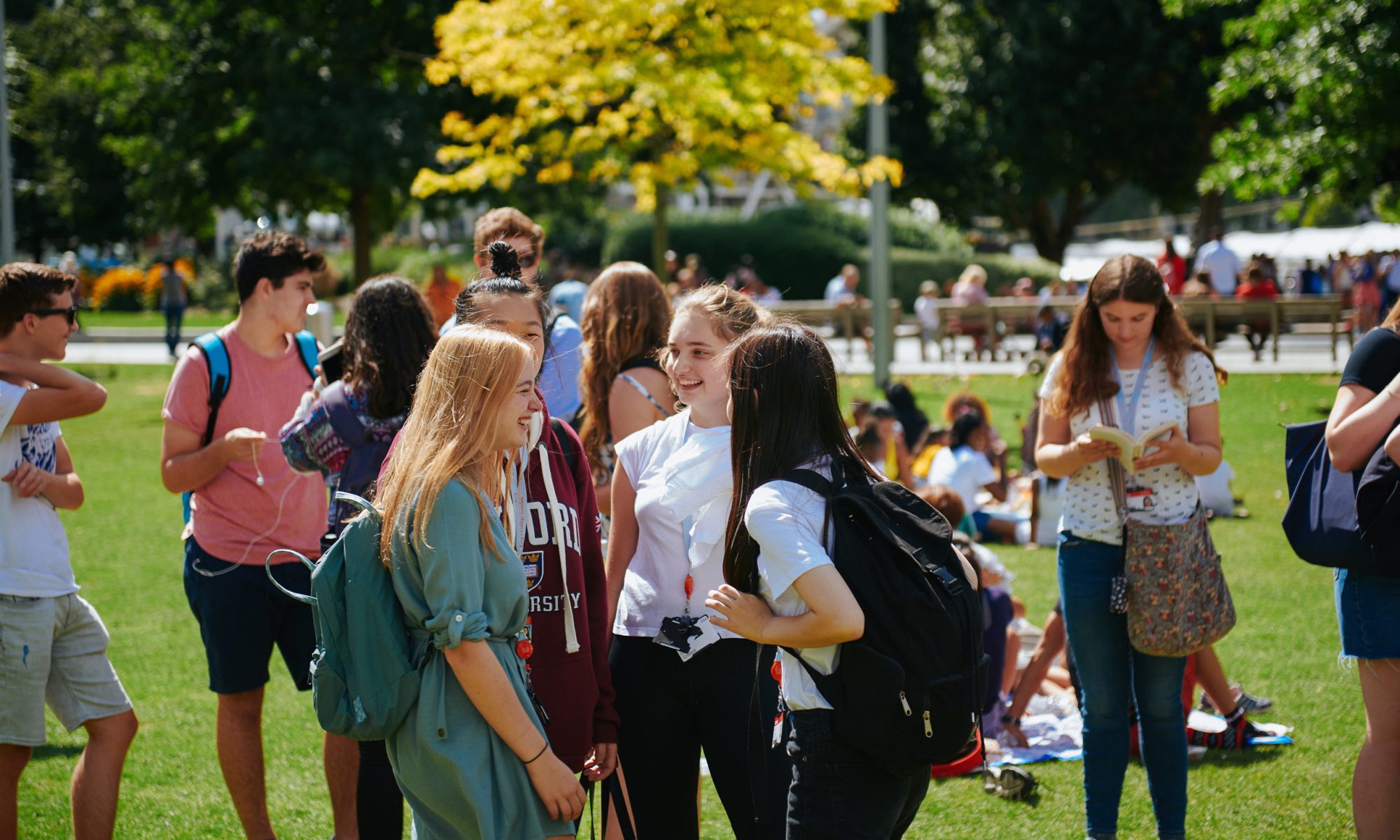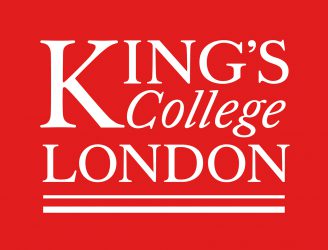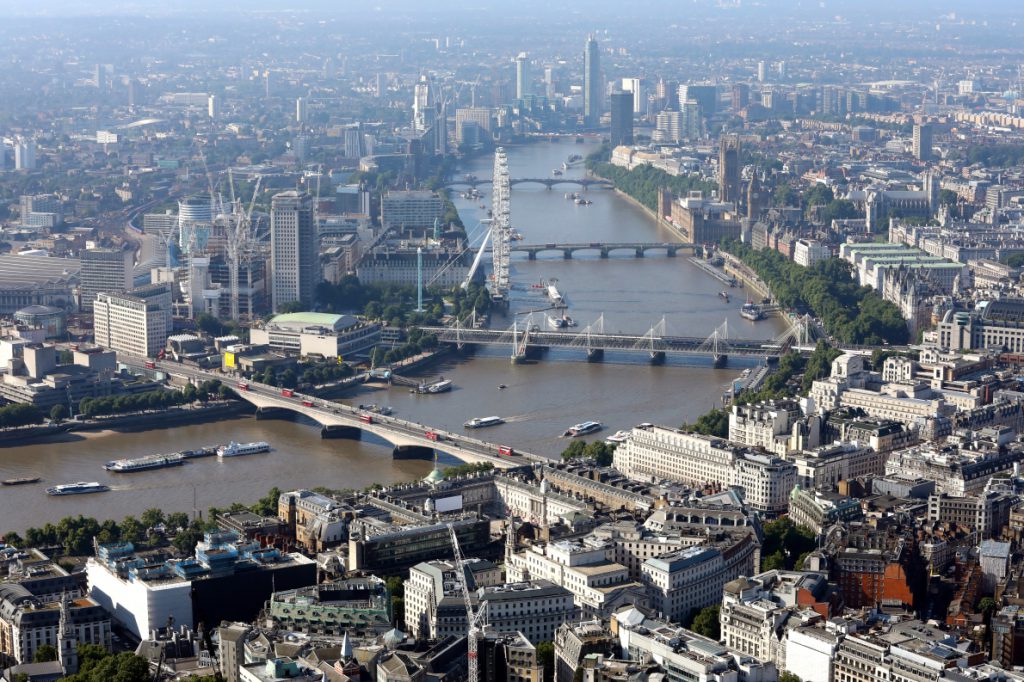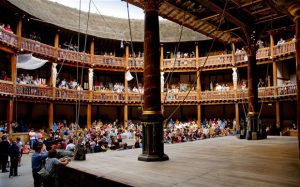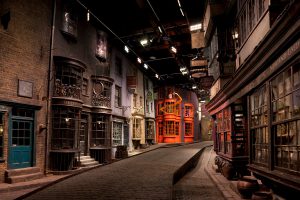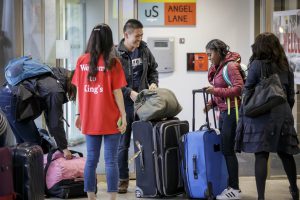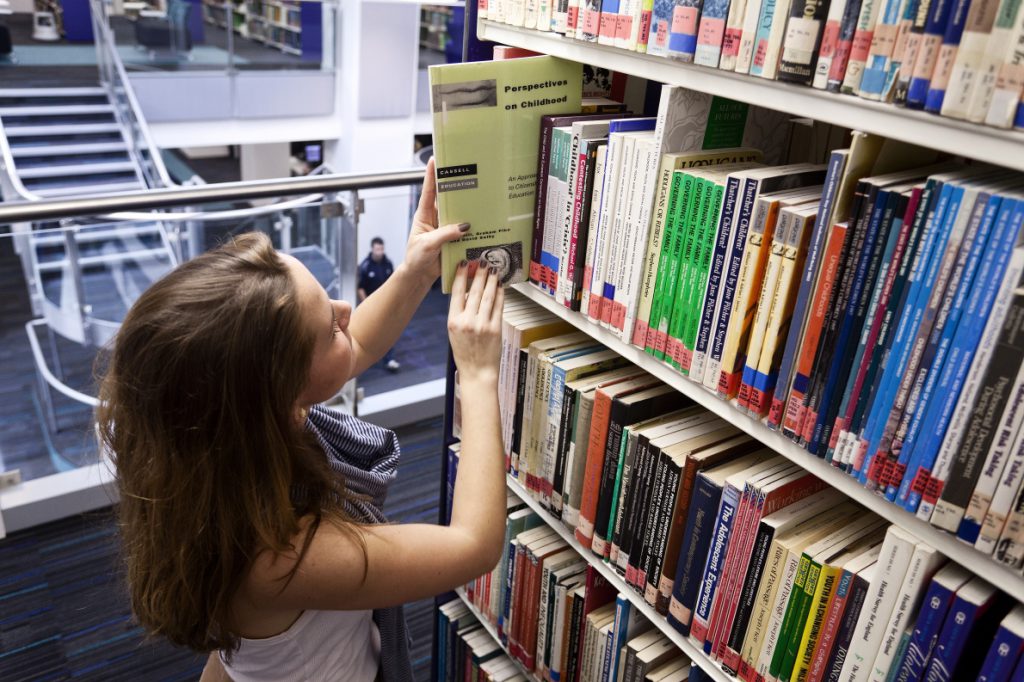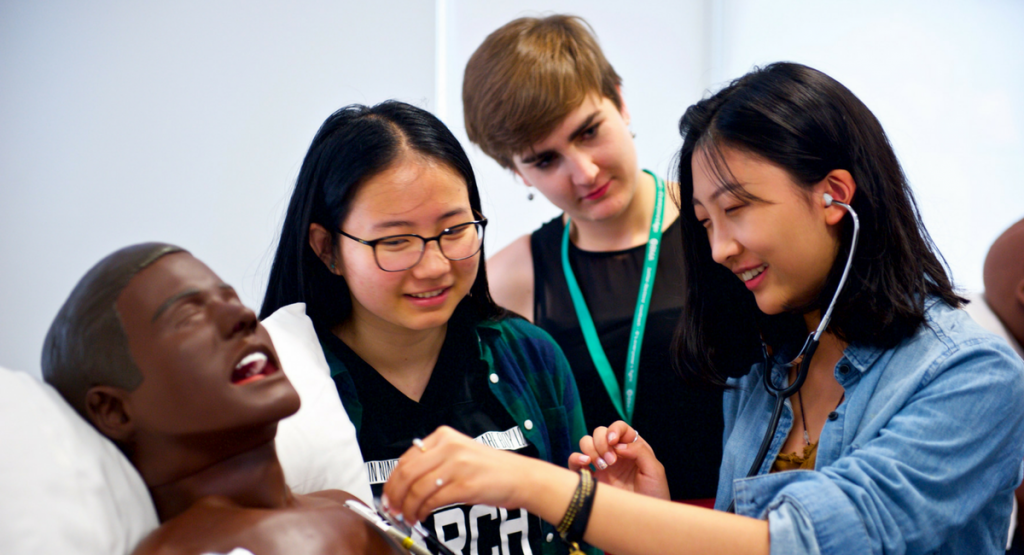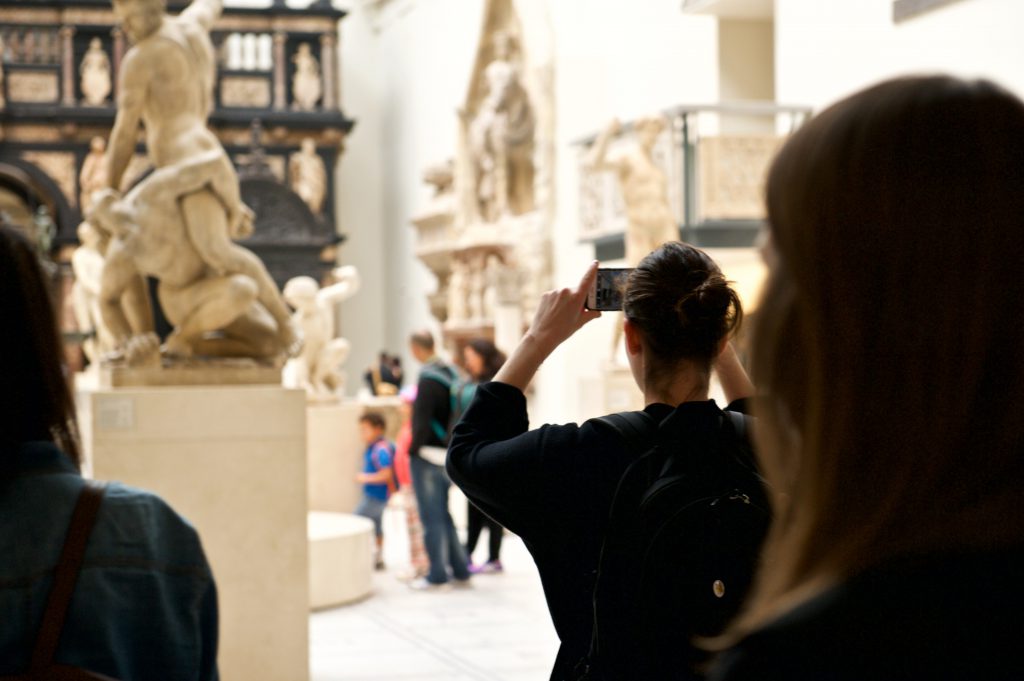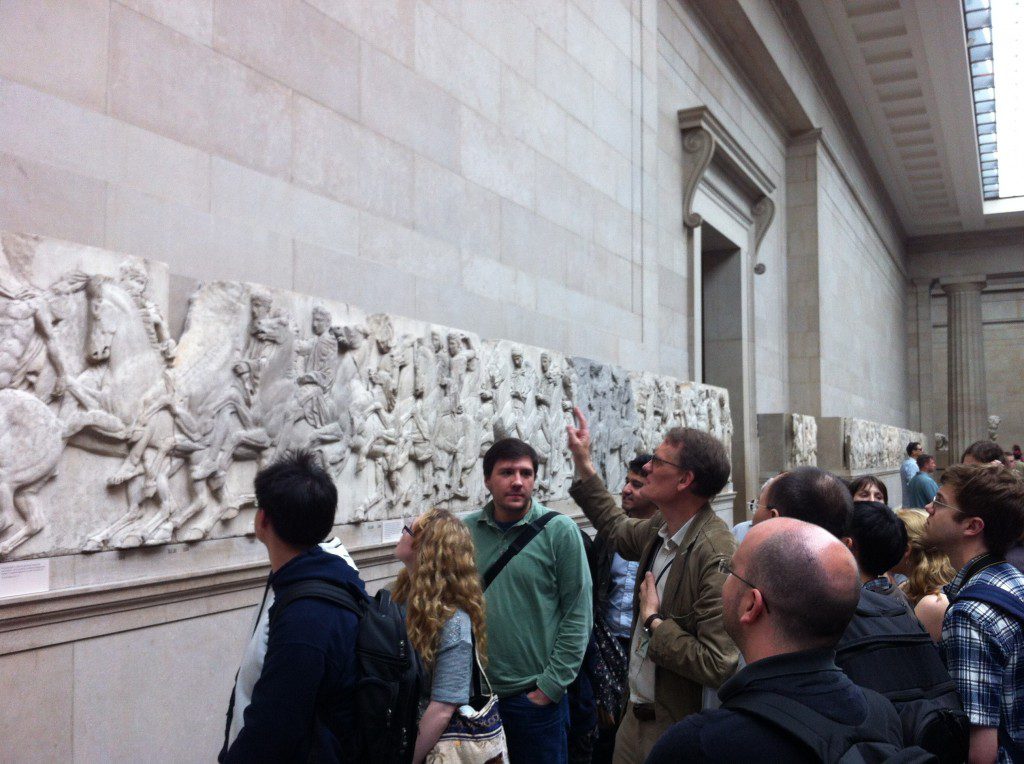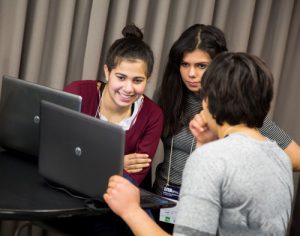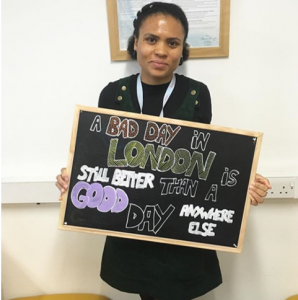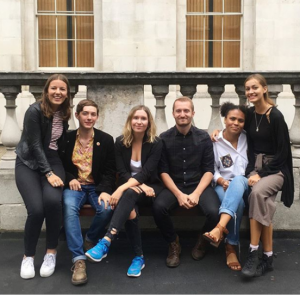So, you have accepted your offer to join the King’s Undergraduate Summer School, and you now probably have an idea of what you are going to study, where you are going to live and how much your workload will be. This is the perfect moment to start thinking about how to spend your free time. You probably want to go sightseeing or attend a musical or have some fish and chips.
We have put together the below social activities that you can enjoy during the Undergraduate Summer School programme.
Oxford and Windsor Day Trip
Oxford is known for its beautiful canal, pedestrianised central business district and fascinating architecture. In Windsor, you can visit the largest and oldest inhabited castle in the world and the Queen’s favourite weekend home.
For further information and to book tickets, please visit the links below:
- Session one : 14 July 2018 at 8:15am
- Session two : 4 August 2018 at 8:15am
Shakespeare’s Globe Theatre Trips
To celebrate some of the greatest works of William Shakespeare we will be offering our students the opportunity to attend a performance at The Globe Theatre where Shakespeare’s plays are performed like they were in his time.
Session one students can attend a live performance of Hamlet (10 July 2018 at 7:30pm), and Session two students can attend Othello (1 August 2018 at 7:30pm).
Harry Potter Studio Tour
Step across the threshold of the Great Hall, walk down Diagon Alley, visit Number 4 Privet Drive, board the night bus, and take a photo on Hagrid’s Motorbike.
For further information and to book tickets, please visit the links below:
- Session one : 7 July 2018 – Tour 1 at 10:45am, or Tour 2 at 11:15am
- Session two: 28 July 2018 – Tour 1 at 10:45am, or Tour 2 at 11:15am
Gym Membership and BeActive
King’s Sport and King’s Summer Programmes are delighted to be offering gym membership packages to summer students. Membership includes full access to the fitness equipment and access to a variety of group fitness classes such as yoga, pilates and spinning (booking required). Here is an example timetable. If you wish to purchase a gym membership, please do so via the e-store.
In addition to this, A BeActive programme is available to all students, which consists of:
- Weekly Table Tennis sessions
- Weekly GoodGym Run – a chance to work out and volunteer in the community at the same time
- Bi-Weekly Rave Runs
We look forward to seeing you this summer and hope you are also excited to be joining us on the King’s Undergraduate Summer School!
